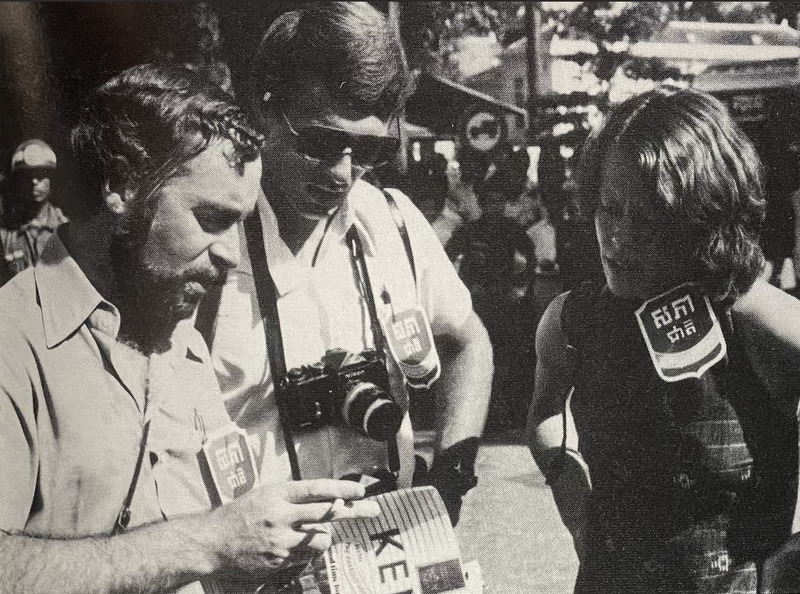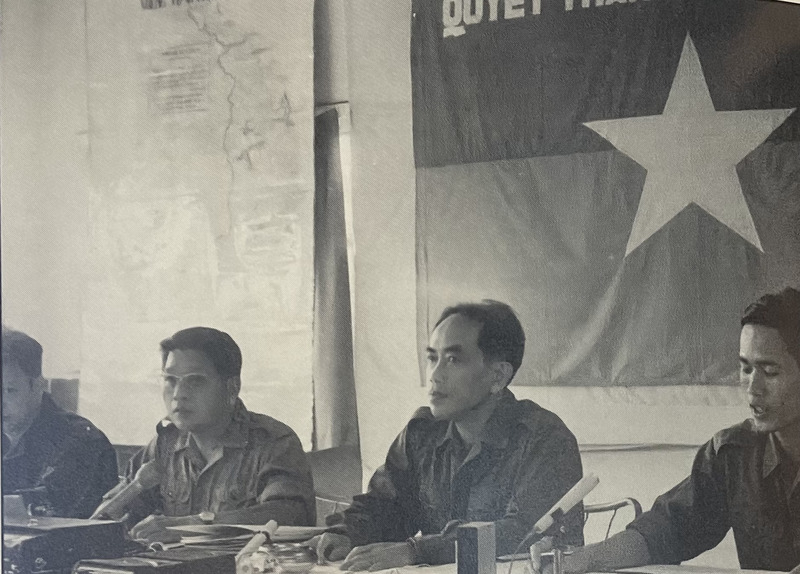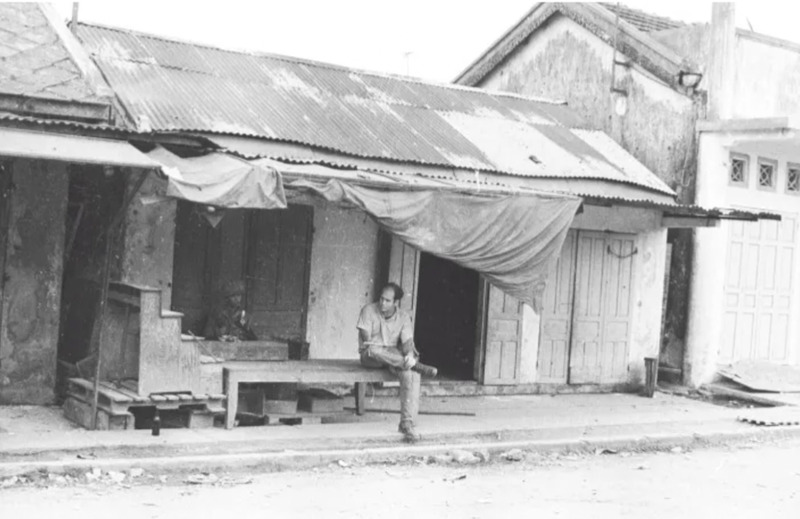A Vietnam War Correspondent and American Reporters' Perception of the "Viet Cong"
A Dartmouth Vietnam Project Digital Exhibit by Madeleine Codding '25
"It was a subject that was easy to become obsessive about and no matter who you met, the conversation was about the war. There are so many dimensuions to the war. There are so many ways of understanding it and so much inability to understand it."
- Jacques Leslie
A Vietnam War Correspondent and American Reporters' Perception of the "Viet Cong" is a digital exhibit with the goal of exploring American media coverage and representations of the "Viet Cong" during the Vietnam War. Historically, media and press coverage has had a significant role in shaping the public's opinion duirng wartime. This was espeically the case during the Vietnam War, as graphic live coverage of the war's violence aired in the living rooms of American families across the country. Thus, American media coverage led to drastic political and cultural shifts in America, divisive anti-war sentiments, and a more thorough insight into what occured on both sides of the war and who the communist enemy really was beyond what was presented in American propoganda.
This digital exhibit is comprised of four main pages, including this first page you are on now and a bibliography, all of which is linked below:
This digital exhibit incorporates the May 2023 oral history interview I conducted with Jacques Leslie, a war correspondent who made a pathbreaking visit to "Viet Cong"- controlled territory after the 1973 Paris Peace Accords ceasefire. My interview then inspired me to look at the broader topic of how American journalists were depicting the "Viet Cong" enemy, and how these representations changed over time as the war went on.
I would like to dedicate this exhibit to Jacques Leslie.
Note: The term "Viet Cong" is used throughout the exhibit and is in quotations here to aknowledge that it was used by many Americans and anti-communist Vietnamese to disparage the enemy. The term "Viet Cong" actually orginates from the Chinese word zhonggong which was then translated into Vietnamese as "Trung Cong" with "Trung" meaning Chinese and "Cong" translating to communist. Vietnamese nationalist parties then began promoting the term "Viet Cong", linguistically linking the Chinese communists to the Vietnamese communists.
The "Viet Cong" was more formally known as the National Liberation Front (NLF).



